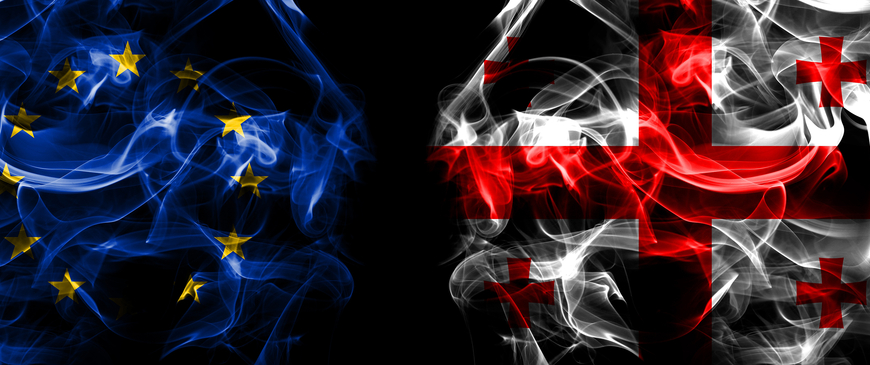
Georgia's foreign policy and its alignment with the EU CSFP
The risks of strengthening ties with Russia in the midst of its war of aggression against Ukraine should be obvious. When the EU launched its neighbourhood policy in 2004, it did not want to force countries to choose between Brussels and Moscow, but the Putin regime's actions have imposed that choice.
Even countries in the EU with traditionally good relations with Russia, such as Germany, have had to re-evaluate their policies. With China, the picture is more complex: it is possible to have constructive relations with China, particularly in the economic sphere, and still be aligned with the EU's approach - in other words, to see China as a partner in some areas, a competitor in others, but also as a systemic rival.
While the Georgian government might say that (for example) adopting sanctions against Russia would have a disproportionate economic effect on Georgia, its failure to align with statements on human rights and the treatment of minorities, including sexual minorities, calls into question its acceptance of EU values - an essential criterion for membership.
I would advise the Georgian government to start by aligning itself with all EU statements relating to values, to show that it truly wants integration into the EU. If it limited the areas of non-alignment to those where Georgia has compelling economic interests, then it would get a more sympathetic hearing from the EU. But as it stands, it risks alienating its partners and undermining Georgia's long-term interest in European (and Euro-Atlantic) integration.
Ian Bond is director of foreign policy at the Centre for European Reform
Full publication here.
